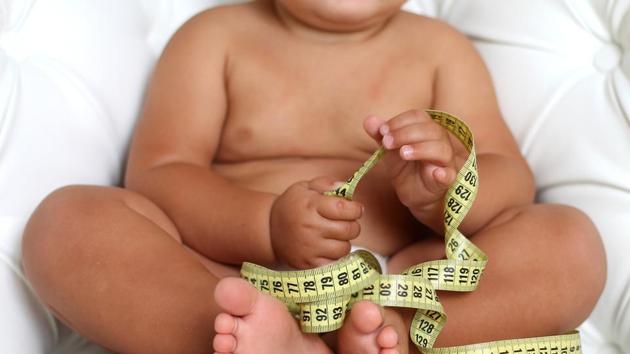
Beyond the Fever: 13 Early Cancer Signs in Children You Shouldn't Ignore
17 days ago | 5 Views
Childhood cancer is uncommon, representing less than 1% of all cancer cases; nevertheless, it is the second leading cause of death among children, following accidents. Early detection plays a vital role in enhancing treatment outcomes. Although many symptoms may resemble those of typical childhood illnesses, it is imperative to remain vigilant and seek medical advice promptly.
In a discussion with HT Lifestyle, Dr. Sumitra Meena, Co-Founder and CEO of the digital pediatric care platform Babynama, stated, “Childhood cancer is fundamentally different from cancers found in adults. The most prevalent types include leukemia (cancer of the blood cells), brain tumors, lymphomas (cancer of the lymphatic system), neuroblastoma (cancer of nerve cells), Wilms tumor (kidney cancer), bone cancers (such as osteosarcoma and Ewing sarcoma), and soft tissue sarcomas.”
Despite its rarity, the effects of childhood cancer are profound. Dr. Sumitra Meena noted, “Although advancements in treatment have significantly reduced mortality rates, both cancer and its treatments can result in long-lasting physical, emotional, and cognitive difficulties for affected children.”
Age and risk factors
Dr. Sumitra Meena emphasized, “Cancer can affect individuals at any age, but certain types are more frequently diagnosed in specific age groups. For instance, leukemia is more prevalent among younger children, whereas bone cancers are more common in adolescents. The exact causes of most childhood cancers remain unclear. However, known risk factors include genetic disorders (such as Down syndrome), a family history of cancer, exposure to radiation, and various environmental influences.”

General symptoms
Dr. Sumitra Meena emphasizes that parents should be vigilant for general symptoms that may signal an underlying issue:
● Unexplained, persistent, or recurring fever without an identifiable cause.
● Unusual fatigue, tiredness, or a noticeable lack of energy.
● Significant weight loss that occurs without any changes in diet or physical activity.
● Reduced appetite or difficulties with eating.
● Ongoing paleness or pallor.
Specific symptoms
In addition to general symptoms, Dr. Sumitra Meena advises monitoring for these specific indicators:
● Lumps or swelling in any area of the body.
● Ongoing or recurrent bone pain.
● Frequent or severe headaches, particularly if accompanied by vomiting.
● Sudden changes in vision.
● Easy bruising, nosebleeds, or bleeding from the gums.
● Unusual skin alterations, such as rashes, discoloration, or sores that do not heal.
● Neurological changes, including alterations in behavior, coordination, or balance.
● Swelling or bloating in the abdominal region.
Survival rates and treatment
Dr. Sumitra Meena notes that “the overall five-year survival rate for childhood cancer has now surpassed 80%, thanks to advancements in treatment. The success of treatment is influenced by the type and stage of cancer, as well as the child's overall health. Available treatment options include chemotherapy, radiation therapy, surgery, and immunotherapy.”

Although the exact causes of many childhood cancers remain unclear, parents can significantly contribute to their child's overall health and well-being. Dr. Sumitra Meena emphasized the importance of a robust immune system, stating, “A strong immune system is essential. This can be achieved through a nutritious, balanced diet, reducing the intake of processed and junk foods, and promoting regular physical activity. A healthy lifestyle enhances the body's natural defenses and may help lower the risk of certain illnesses.”
When to seek medical attention
Dr. Sumitra Meena recommended, “If your child shows any worrying symptoms, especially if they are persistent, worsening, or occurring together, consult your pediatrician without delay. Do not hesitate to seek professional medical advice if you have any concerns regarding your child's health or development, particularly if there is a family history of cancer. Trust your instincts—early detection is crucial.”
Read Also: Crunchy Cure-All: How Pickled Cabbage Supports Digestive Health
Get the latest Bollywood entertainment news, trending celebrity news, latest celebrity news, new movie reviews, latest entertainment news, latest Bollywood news, and Bollywood celebrity fashion & style updates!





















